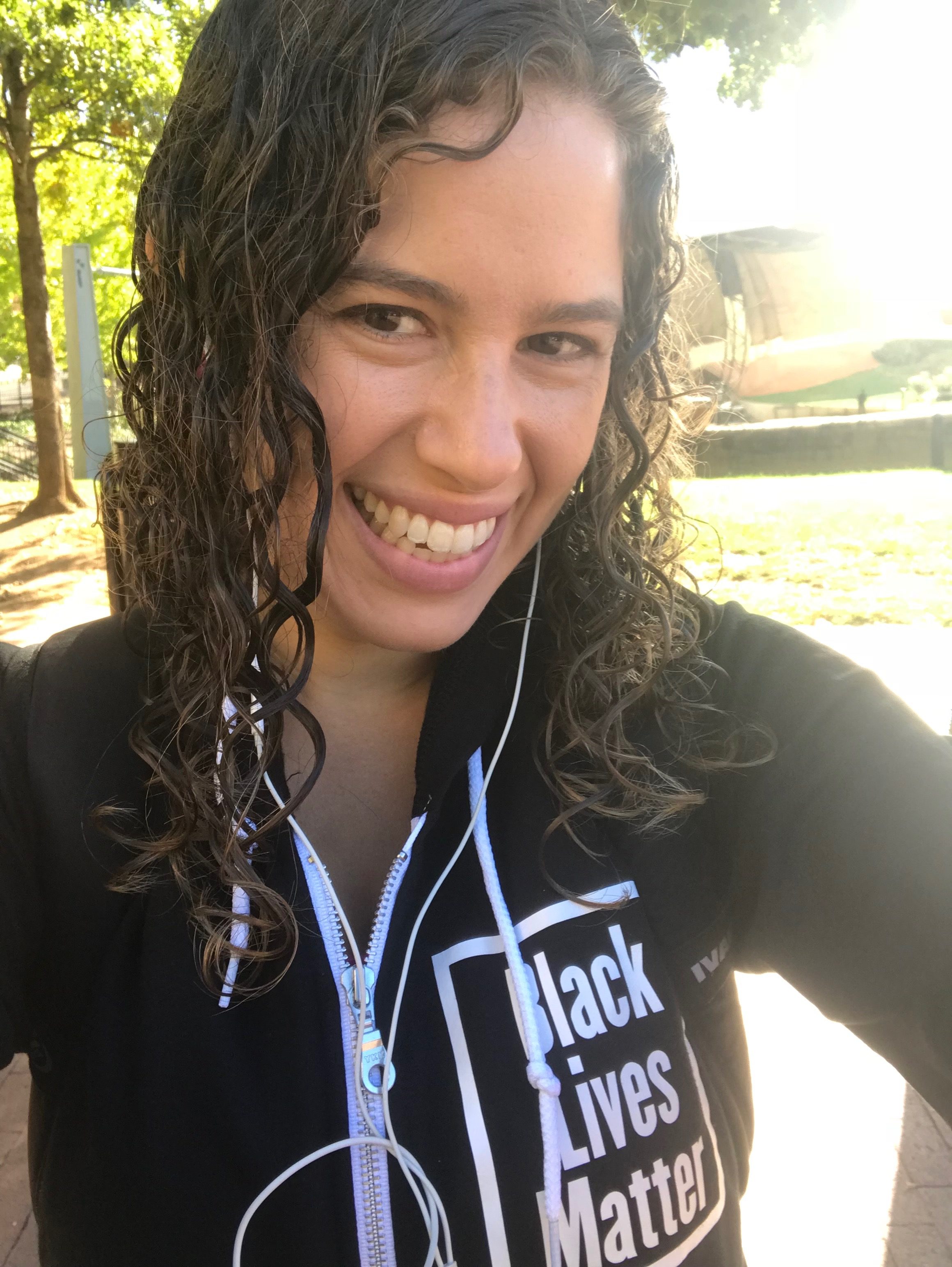I write this piece in honor of International Women’s Day and Feminist Coming Out Day.
I am a feminist, but I didn’t always call myself one.
I didn’t call myself a feminist in kindergarten when I told the boy down the street that we should have a playdate, even though he thought I wouldn’t like anything he liked since I was a girl. I said, I have dinasours and we could play with those.
I didn’t call myself a feminist in third grade when the boys organized a soccer game during recess, and I said I wanted to play. They were confused, but I had been playing soccer for years, and I insisted.
I didn’t call myself a feminist in seventh grade when some of my friends started pinching their bellies and saying they felt fat. I thought they were weird (and gorgeous).
I didn’t call myself a feminist in tenth grade when the boys on the track team teased me about another boy and without missing a beat I told them to stop it, seriously, not cool and not okay.
I didn’t even call myself a feminist in eleventh grade when I learned to teach workshops about how sexist jokes and reinforcing gender stereotypes lead to sexual harassment and violence against women. Because I thought to myself well, the gender binary is the problem. Separating women and men into different categories is inherently detrimental, and we should just destroy the binary and discard the categories. The exact wording of the label “feminist” didn’t seem to allow for that.
I didn’t call myself a feminist until college. I didn’t call myself a feminist until I was an undergraduate at Columbia University and campus organizing against sexual violence was based at a women’s center at Barnard College (an all women’s college): The Columbia/ Barnard Rape Crisis/ Anti-Violence Support Center. I was, I admit, upset that the work I wanted to do was in such a place because I thought, since high school, that the binary was the problem and that this structure would reinforce it. But my training as a peer educator at Columbia/ Barnard challenged me to grapple with the tensions inherent to feminist activism: yes, the gender binary is a problem and yes, we need to advocate for the rights of women—both, and. And, females, in our society face different socialization pressures, different emotional education, different kinds of sexualization than males face. And, females are more likely to be sexually abused or assaulted than males are. And, males are more likely to perpetrate sexual abuse or assault than females are, because we live in a patriarchal society and are immersed in rape culture and an epidemic of physical, sexual, social, emotional, and economic violence against women and girls.
And, I am a feminist.
I am a feminist because I listened to stories, and I read books, and I spoke with mentors and friends. And I grappled with the truth: we cannot truly get rid of the gender binary without also working to get rid of sexism. We cannot truly achieve gender liberation, sexual freedom, or economic prosperity until we tackle the patriarchy head-on and transform rape culture into a culture of personal agency, mutual consent, and universal human rights. Yes, I believe all humans are real humans, and I believe we need to protect the fundamental human rights of all humans. That’s why I’m a feminist. Finally.
